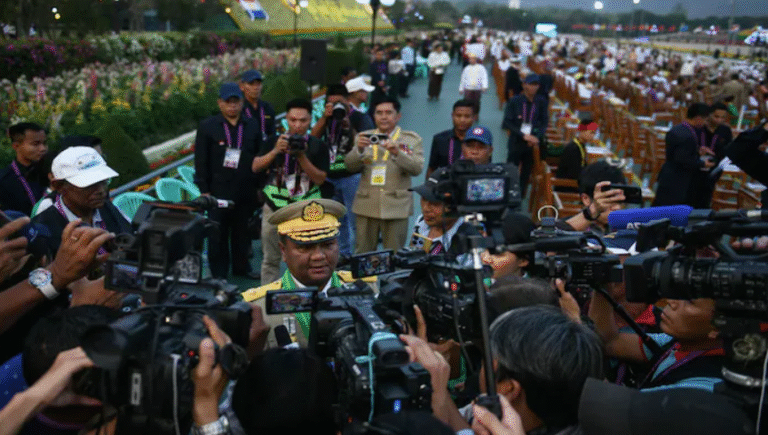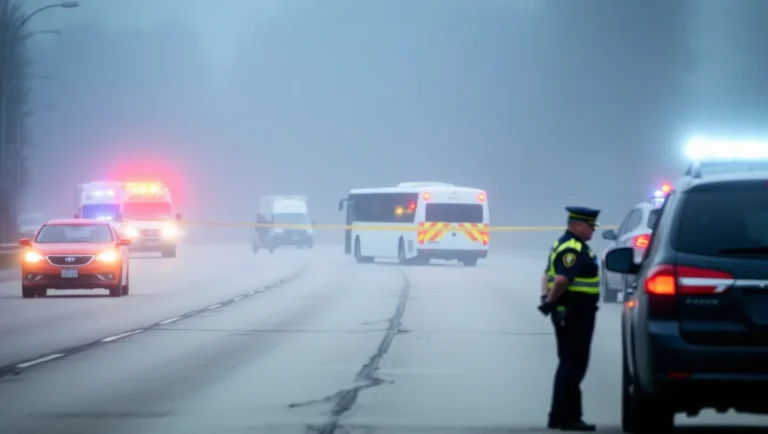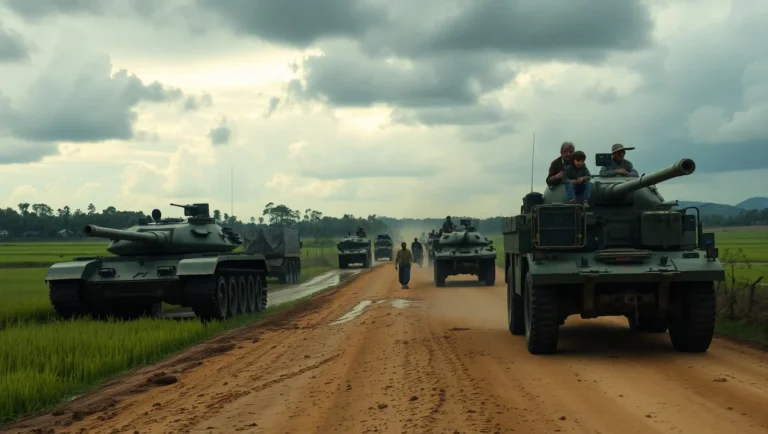
World leaders, including Indian Prime Minister Narendra Modi and Brazilian President Luiz Inácio Lula da Silva, attend the BRICS 2025 summit in Rio de Janeiro to address pressing global challenges and international security issues.
At the ongoing BRICS summit held in Rio de Janeiro, the leaders of the member nations strongly condemned the recent terror attack in Pahalgam, Jammu and Kashmir. In a declaration issued late Sunday night, the group denounced terrorism in all its forms and emphasized the urgent need for global cooperation to combat the menace without exceptions or double standards.
While the joint statement refrained from naming any specific country, the mention of cross-border terrorism was widely interpreted as a veiled reference to Pakistan, given the longstanding concerns raised by India over its neighbor’s involvement in sponsoring and sheltering terrorist groups.
Prime Minister Narendra Modi, addressing the BRICS session on peace and security, termed the April 22 attack as a “direct assault on the soul, identity, and dignity of India.” He urged the international community to avoid selective outrage and instead adopt a consistent, uncompromising stance against terrorism everywhere.
“Supporting terrorism or giving silent consent for personal or political gain is unacceptable in any form. There should be no hesitation in imposing strict sanctions against those who commit or support such heinous acts,” Prime Minister Modi declared.
The BRICS declaration echoed these sentiments, condemning the Pahalgam attack “in the strongest terms” and calling for urgent action against the financing of terror, the cross-border movement of militants, and the provision of safe havens to extremist groups.
The attack, which claimed the lives of 26 people, sent shockwaves through India and drew widespread international condemnation. Several nations extended their solidarity with India, reaffirming their commitment to combat terrorism globally.
The BRICS leaders reiterated the importance of adopting the long-pending Comprehensive Convention on International Terrorism (CCIT) under the United Nations framework. The resolution emphasized the necessity of taking coordinated action against all UN-designated terrorist groups and individuals, reinforcing the call for zero tolerance towards terror activities.
Prime Minister Modi also used the platform to highlight the urgent need for reforms in global governance structures. Speaking during the session on the ‘Reform of Global Governance’, he pointed out that two-thirds of humanity remain inadequately represented in key global institutions established in the 20th century.
“Institutions like the UN Security Council, WTO, and multilateral development banks must reflect the realities of today’s world. It is unthinkable to tackle 21st-century challenges with outdated structures. Without proper representation for the Global South, these institutions are like a mobile phone with no network—powerful but ineffective,” he remarked.
The BRICS declaration called for comprehensive reforms of the United Nations Security Council to make it more democratic, effective, and representative. It underscored the importance of enhancing the voice of emerging economies and developing nations from Africa, Asia, and Latin America.
In a show of solidarity, the statement reiterated the bloc’s support for the aspirations of countries like India and Brazil to assume a more significant role within the UN, including its Security Council.
This year’s BRICS summit includes participation from India, Brazil, Russia, China, South Africa, Saudi Arabia, Egypt, United Arab Emirates, Ethiopia, Indonesia, and Iran. The two-day summit focuses on issues ranging from global security challenges to inclusive economic growth and the future of international governance systems.


